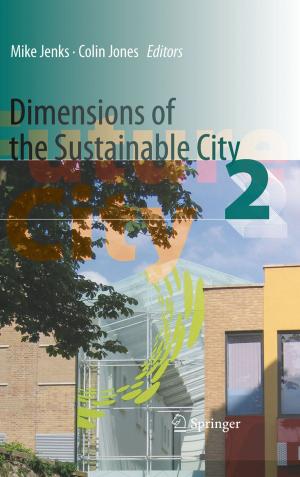Perspectives in Primary Education
Nonfiction, Reference & Language, Education & Teaching, Educational Theory, Educational Reform, Higher Education| Author: | L. Borghi | ISBN: | 9789401020695 |
| Publisher: | Springer Netherlands | Publication: | December 6, 2012 |
| Imprint: | Springer | Language: | English |
| Author: | L. Borghi |
| ISBN: | 9789401020695 |
| Publisher: | Springer Netherlands |
| Publication: | December 6, 2012 |
| Imprint: | Springer |
| Language: | English |
PURPOSE OF THE STUDY Primary education in Europe, as in the United States and other conti nents, is passing through a period of profound change, affecting some of the fundamental educational aims at primary school level and teaching structure, content and methods. The purpose of this study is to sketch a broad picture of the Euro pean educational scene which may be brought about by the impact of innovation in industrialised countries. We are only too aware of the difficulties inherent in our task. Even when projections and forecasts are firmly rooted in an analysis of existing data, they are liable to be contradicted by the facts. We shall attempt to allow for those alternative situations which may provide the context for the organisation and functioning of primary education. We make no claim to portray the European primary school at the end of the twentieth or at the beginning of the twenty-first century. We shall do no more than analyse existing achievements and experiments based on research in the associated fields of education, psychology and sociology and from this analysis extrapolate a series of forecasts based on objective factors of a social and intellectual nature, offering realistic hypotheses for the future. Our aim is to provide sound guidelines for those who are to build a better future for our children.
PURPOSE OF THE STUDY Primary education in Europe, as in the United States and other conti nents, is passing through a period of profound change, affecting some of the fundamental educational aims at primary school level and teaching structure, content and methods. The purpose of this study is to sketch a broad picture of the Euro pean educational scene which may be brought about by the impact of innovation in industrialised countries. We are only too aware of the difficulties inherent in our task. Even when projections and forecasts are firmly rooted in an analysis of existing data, they are liable to be contradicted by the facts. We shall attempt to allow for those alternative situations which may provide the context for the organisation and functioning of primary education. We make no claim to portray the European primary school at the end of the twentieth or at the beginning of the twenty-first century. We shall do no more than analyse existing achievements and experiments based on research in the associated fields of education, psychology and sociology and from this analysis extrapolate a series of forecasts based on objective factors of a social and intellectual nature, offering realistic hypotheses for the future. Our aim is to provide sound guidelines for those who are to build a better future for our children.















